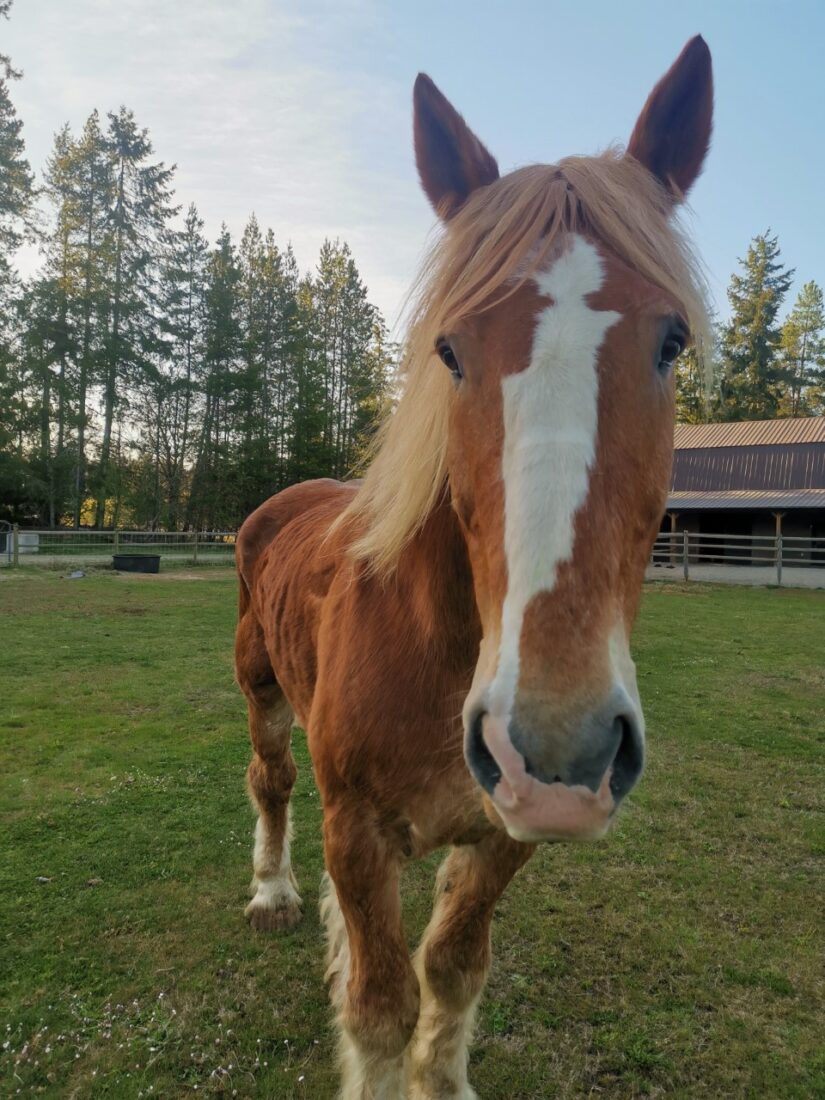Managing Chronic Conditions Long-Term in Your Horse

Caring for a horse with a chronic condition requires dedication, knowledge, and a proactive approach. This article explores effective strategies to manage long-term health issues in horses, ensuring their comfort, performance, and quality of life.
Understanding Chronic Conditions in Horses
Chronic conditions are long-lasting health issues that require ongoing management rather than a one-time treatment. Common chronic conditions in horses include arthritis, laminitis, Cushing’s disease, and respiratory problems.
| Condition | Description | Common Symptoms |
|---|---|---|
| Arthritis | Degeneration of joint cartilage causing pain | Stiffness, lameness, swelling |
| Laminitis | Inflammation of the hoof’s sensitive tissues | Lameness, heat in hooves |
| Cushing’s Disease | Hormonal disorder affecting metabolism | Excessive drinking, weight loss |
| Respiratory Issues | Chronic airway inflammation | Coughing, nasal discharge |
Key Strategies for Long-Term Management
Regular Veterinary Care
Routine check-ups help monitor the progression of the condition and adjust treatment plans accordingly. Early detection of complications can prevent worsening symptoms.
Tailored Nutrition
Proper diet supports overall health and can alleviate symptoms. For example, low-sugar feeds benefit horses with laminitis, while supplements like glucosamine may help joint health.
Consistent Exercise
Appropriate exercise maintains muscle tone and joint flexibility without overexertion. Customized exercise plans should be developed in consultation with a veterinarian or equine physiotherapist.
Environmental Management
Creating a comfortable living environment reduces stress and supports healing. This includes proper bedding, shelter, and minimizing exposure to allergens or irritants.
Medication and Supplementation
Administer prescribed medications consistently and consider supplements that support the specific condition. Always consult a vet before introducing new treatments.
Monitoring and Record-Keeping
Keeping detailed records of symptoms, treatments, and behavioral changes helps track the horse’s condition and informs veterinary decisions.
Frequently Asked Questions (FAQ)
Q1: How often should I schedule veterinary visits for a horse with a chronic condition?
A1: Typically, every 3-6 months, but frequency depends on the condition’s severity and your vet’s advice.
Q2: Can diet alone manage chronic conditions?
A2: Diet is crucial but usually works best combined with medication, exercise, and environmental management.
Q3: What signs indicate a worsening condition?
A3: Increased lameness, changes in appetite, weight loss, or behavioral changes warrant immediate veterinary attention.
Conclusion
Managing chronic conditions in horses is a multifaceted process that involves veterinary care, nutrition, exercise, and environment. With careful attention and proactive management, horses can lead comfortable and fulfilling lives despite chronic health challenges.
Would you like me to enhance the tone to be more conversational or add more detailed case studies?
Follow-up tasks:
- Add detailed case studies
- Create a nutrition plan table
- Expand FAQ section
